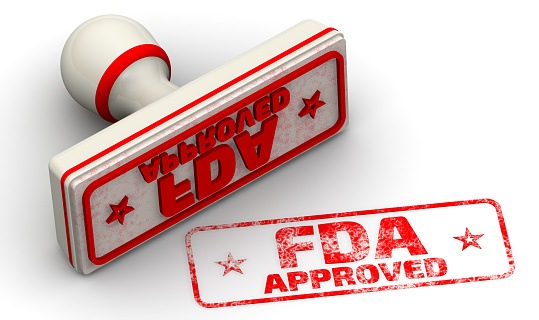
The U.S. Food and Drug Administration granted accelerated approval to Padcev™ (enfortumab vedotin-ejfv) for adults with previously treated locally advanced or metastatic urothelial cancers. Enfortumab vedotin-ejfv is a first-in-class antibody-drug conjugate directed against nectin-4, a protein highly expressed in urothelial cancers.
The approval was based on the results of the single-arm, phase II EV-201 trial that included 125 patients with locally advanced or metastatic urothelial cancer who received prior treatment with a PD-1 or PD-L1 inhibitor and platinum-based chemotherapy. Patients received enfortumab vedotin-ejfv 1.25 mg/kg on days one, eight, and 15 of 28-day cycles.
More than 40% overall response with enfortumab vedotin-ejfv
The overall response rate (primary endpoint) was 44% (95% CI, 35.1-53.2), including 12% (n=15) who experienced a complete response and 32% (n=40) with a partial response. The median duration of response was 7.6 months.
The most common adverse events associated with enfortumab vedotin-ejfv included fatigue (56%), peripheral neuropathy (56%), decreased appetite (52%), rash (52%), alopecia (50%), nausea (45%), dysgeusia (42%), diarrhea (42%), dry eye (40%), pruritus (26%), and dry skin (26%). Six percent of patients discontinued treatment due to peripheral neuropathy.
Patients taking enfortumab vedotin-ejfv be monitored for hyperglycemia and new or worsening peripheral neuropathy. Patients may also experience eye disorders and may require prophylactic artificial tears for dry eyes or a referral to an ophthalmologist. Patients who are pregnant or breastfeeding should not receive enfortumab vedotin-ejfv.

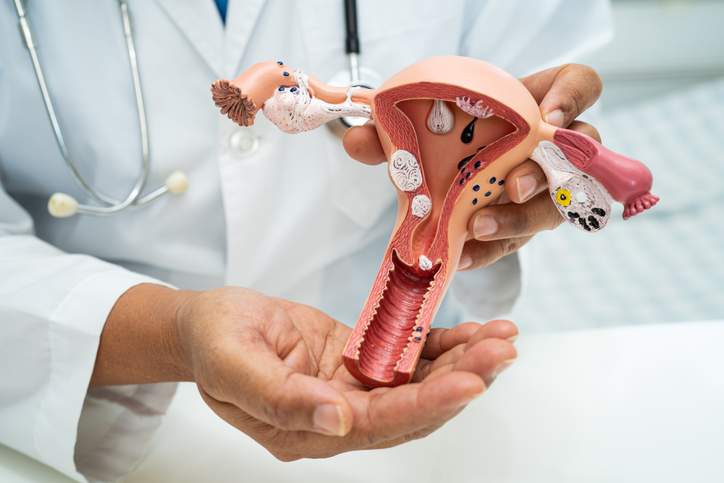

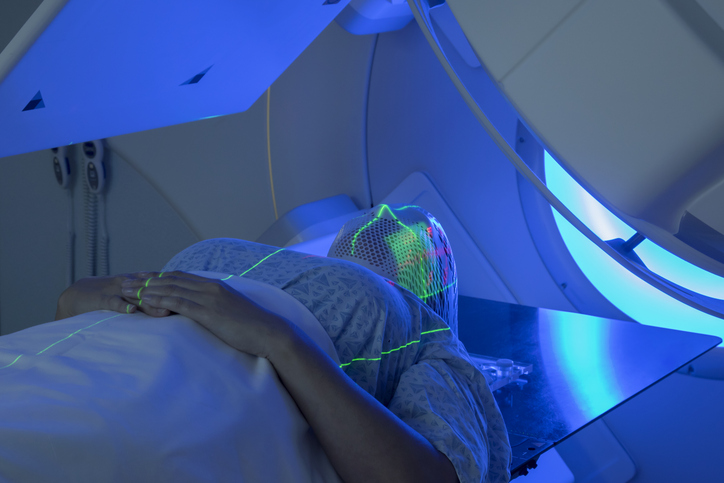
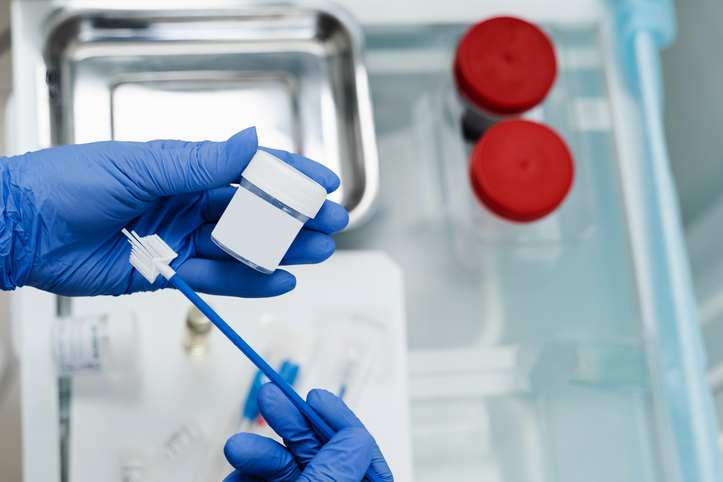
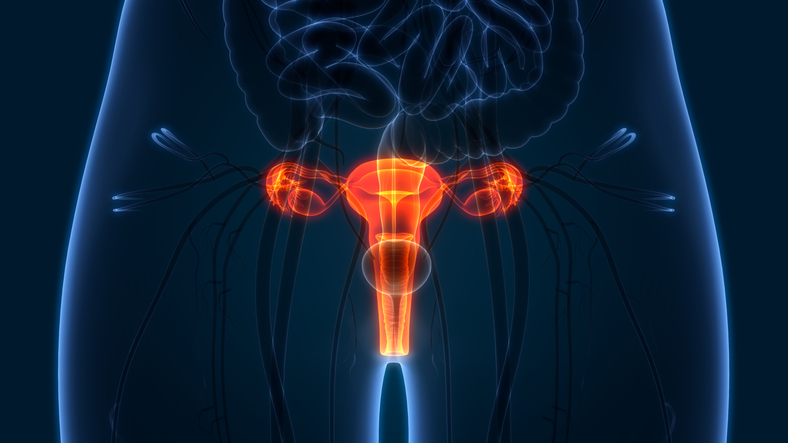

 © 2025 Mashup Media, LLC, a Formedics Property. All Rights Reserved.
© 2025 Mashup Media, LLC, a Formedics Property. All Rights Reserved.